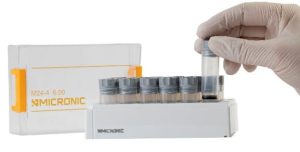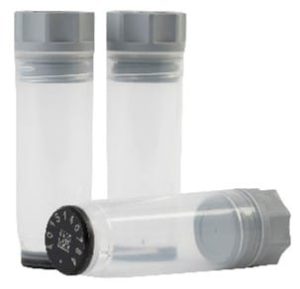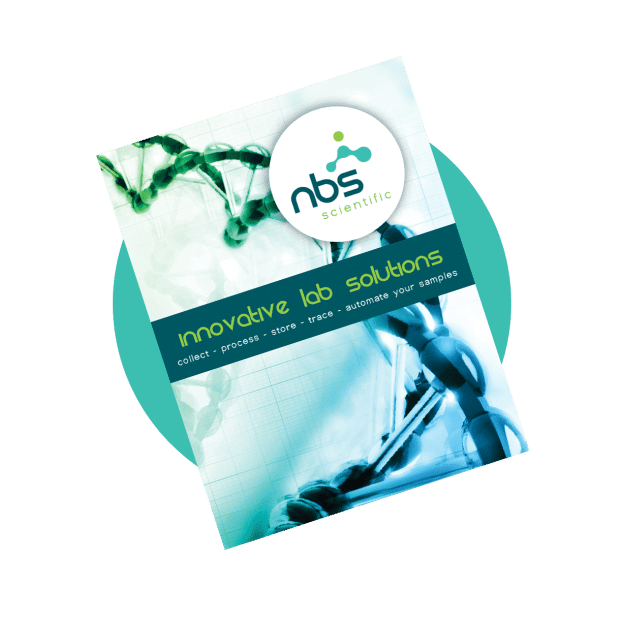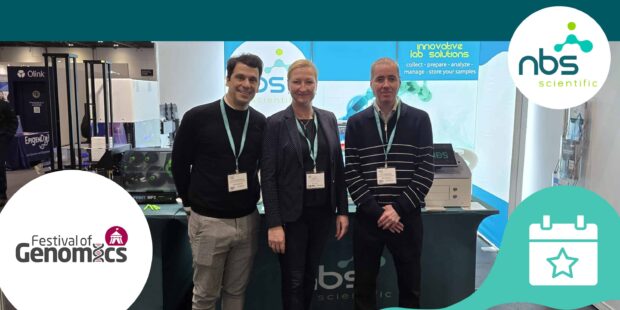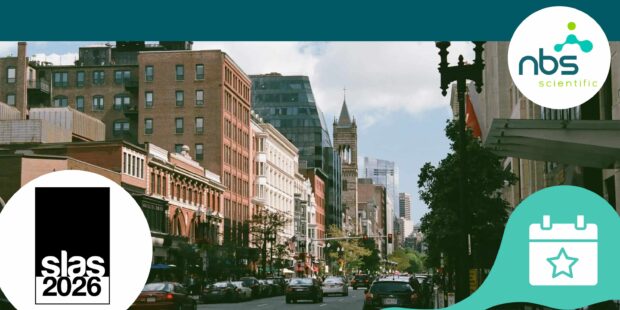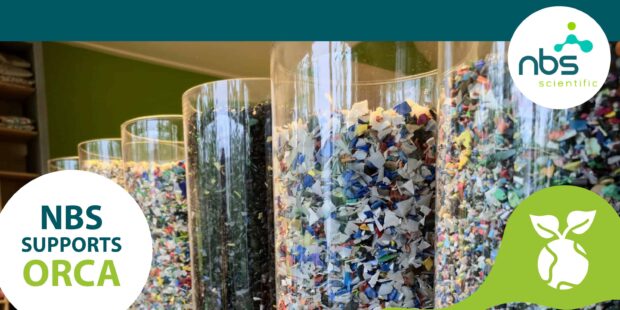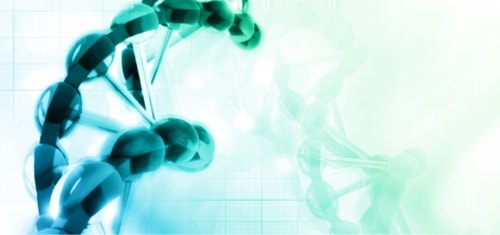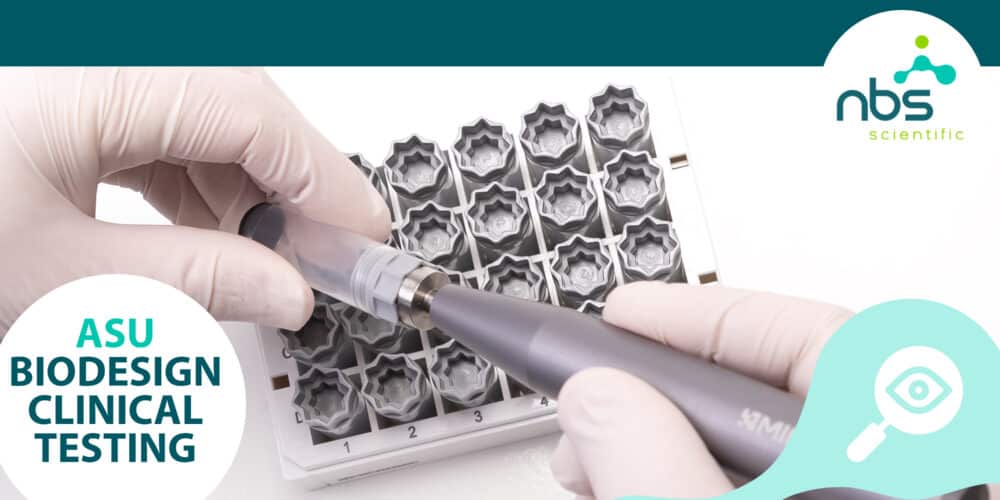
Customer Application: ASU Biodesign Clinical Testing Lab
After the emergence of COVID-19 in 2020, research teams around the globe developed more streamlined ways to collect and process samples for COVID-19 testing. At Arizona State University (ASU) for example, researchers created the ASU Biodesign Clinical Testing Lab (ABCTL) to protect the greater Arizona community from widespread COVID-19 transmission.
“The ABCTL was created as part of ASU’s response to the COVID-19 pandemic,” says Lab Manager Joseph Miceli. “The Biodesign Institute at ASU was ideally situated to make things happen because they already had a lot of the equipment required for testing and a lot of the expertise needed to set up the program itself. I got brought in because of my expertise and experience in cold chain management, sample storage, and automation with the DNASU Plasmid Repository.”
Choosing a sample collection tube: the key ingredients
Before finalizing the ABCTL’s workflow for COVID-19 testing, Miceli and his team spent ample time searching for a collection tube that best matched their current sample collection and laboratory processes. “We were looking for a tube that could function in at least a semi-automated fashion,” he says. “We also needed a tube that could fit into the racks for our liquid handling systems. Being able to scan the tubes in was a key ingredient for us as well.”
Ultimately, Miceli and his team chose the Micronic 6.00ml 2D Data-Matrix coded tube as their collection vessel for the ABCTL. After implementing these tubes into their workflow last fall, Miceli says they saw a tremendous increase in the ABCTL’s testing abilities.
“We went from processing 500 tests per week to over 33,000 tests per week across the state of Arizona—this was at the height of the COVID-19 winter wave in 2020,” says Miceli. “There’s no way we could have met that level of demand with the other tubes that we had been using prior to the Micronic tubes.”
The journey of a tube: ABCTL’s COVID-19 testing process
After samples are collected at a testing site, what happens next? Are the tubes sent back to the lab? Processed on site? According to Miceli, their COVID-19 testing process actually starts before the tubes go out for collection.
“The tubes have a 2D barcode on the bottom, but that’s not sufficient in itself for doing participant sampling,” says Miceli. “You have to have two IDs, not just one. Birthdates are commonly used as a sample ID, so we label the tubes here in-house to provide a clear marking for where to put that information.”
After the tubes are labeled, they’re sent to testing sites around the state. At these sites, participants use a tube to collect their saliva sample. When they’re finished, they give the tube to a staff member who then scans it into the system. From there, the tube is transported back to the lab where it is checked in once more. Once the sample is inactivated, the tube is moved into the sample analysis phase which involves a highly automated workflow with liquid handling robots.
Overall, Joseph Miceli says that NBS Scientific proved to be a fitting partner for the ABCTL’s largescale COVID-19 testing initiative. “NBS Scientific provided excellent communication and timelines on shipment volumes, both of which are incredibly important factors when trying to plan and implement a testing strategy of this scale,” says Miceli. “[They’ve] been a great partner in this endeavor, and I’ve been very pleased with our collaboration.”
Learn more
For more information about the ASU Biodesign Clinical Testing Lab (ABCTL), please visit https://biodesign.asu.edu/research/clinical-testing. For more information regarding sample storage solutions, please contact NBS Scientific at +1-724-941-6411 or info@nbsscientific.com.
NBS Scientific is a distributor for the life science industry in the United States with sister companies in Belgium, France, Germany, Switzerland, the Netherlands, and United Kingdom. Product portfolios differ by country, but their universal portfolio includes sample collection kits, sample stability reagents, sample storage consumables, rack thawing stations, frozen sample aliquotters, bench-top equipment, tube handlers, barcode readers, (de)cappers, laser markers, and more.
